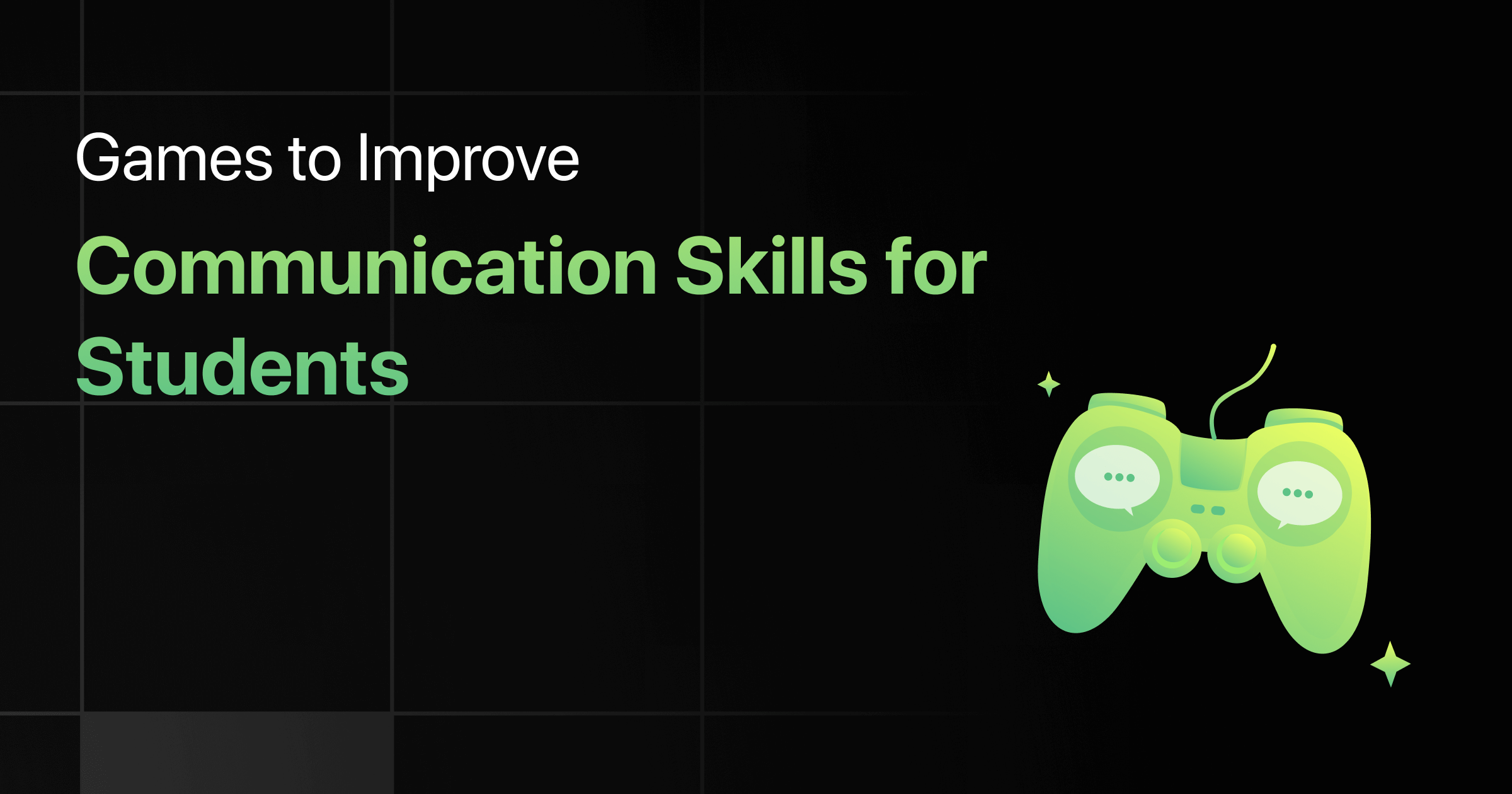How to Prepare for Group Discussion for Placements

Group discussions play a vital role in the placement process of many companies. It is an excellent opportunity for the recruiters to assess the communication, leadership, teamwork, and problem-solving skills of the candidates.
However, for candidates, group discussions can be a challenging and nerve-wracking experience. It’s essential to be well-prepared for a group discussion to make a positive impression and increase your chances of getting hired.
In this blog, we’ll provide you with tips and strategies on how to prepare for group discussions for placements.
How to Prepare for Group Discussion for Placements
The following are the steps to prepare for group discussion for placements:
1. Understanding the Group Discussion (GD) Process
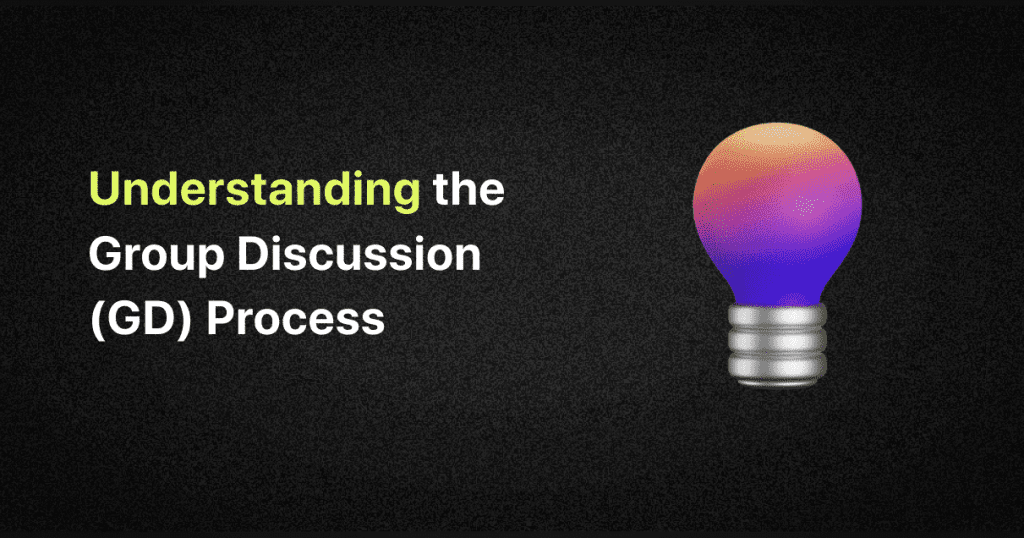


Group Discussion (GD) is a process in which a group of candidates is given a topic to discuss and is required to express their points of view, exchange ideas, and come to an agreement. The process is designed to evaluate a candidate’s communication abilities, problem-solving abilities, leadership potential, and holistic temperament.
To prepare for a Group Discussion, it is essential to thoroughly comprehend the GD process.
Introduction: The GD process usually starts with an introduction. Candidates are asked to introduce themselves and share their background, qualifications, and interests. This is an excellent opportunity to create a positive first impression and build a rapport with other participants.
Topic Announcement: Once the introductions are over, the moderator announces the topic. It is essential to listen carefully to the topic and understand its various aspects.
Brainstorming: After the topic announcement, the moderator usually gives a few minutes to candidates to brainstorm and note down their points. This is a crucial stage as it helps to structure your thoughts and present them coherently during the discussion.
Discussion: The actual GD process starts with the discussion. The moderator usually sets a time limit for the discussion, and candidates have to participate actively, presenting their views, and listening to others.
Conclusion: Finally, the moderator concludes the GD, and candidates are given a chance to summarise their points briefly.
2. Research and Gather Information about the Topic



An important step in preparation for a group discussion for placements is research and gathering knowledge about the topic. The GD topics are usually given on the spot but you can gather information regarding the current affair, famous and repetitive topics.
Start by exploring the latest news and current affairs related to the topic. To gain a thorough understanding of the subject, read books, articles, blogs, and research papers. Conducting online surveys or polls can also give insights into a variety of perspectives and opinions on the subject.
For example, if the topic is “The Impact of Technology on Employment Generation,” look into the most recent technological breakthroughs, their impact on the job market, and current debates on the topic. You could also look at successful case studies of technology companies and their recruiting practices.
This method of gathering information will give you credible sources to back up your assertions.
3. Develop and Refine Your Communication Skills
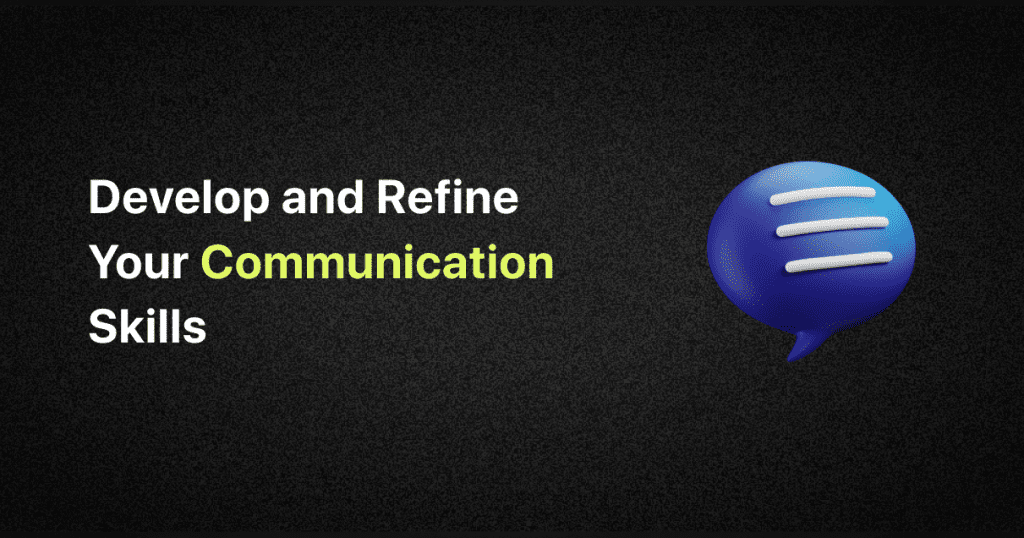


One of the most important aspects of preparing for a group discussion is to develop and improve your communication skills. You must be able to convey your views and ideas clearly and effectively while keeping the other participants in mind.
Active listening is one technique to improve your communication abilities. This includes paying attention to what others are saying and accepting their points of view. For example, if someone says something to which you agree, you can express your agreement by nodding or acknowledging their statement. If you disagree with anything, you can respectfully express your counterpoint using rational argument.
Improving your speaking style is another technique to strengthen your communication skills. This includes using appropriate vocabulary, progressing at a steady speed, and avoiding filler words like “uh” and “um.” You can also work on your enunciation and pronunciation to make sure you’re speaking properly and clearly.
4. Improve Your Body Language and Non-Verbal Communication
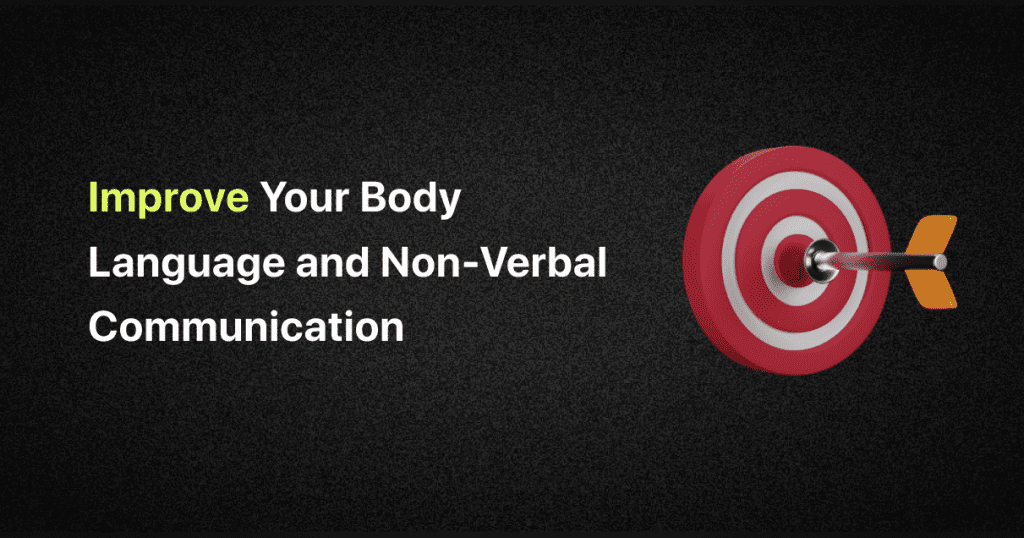


Body language and nonverbal communication are essential for your success in a group discussion. Your facial expression, eye contact, posture, and facial expressions reveal a lot about your attitude, and personality.
You can use the following techniques to improve your body language and nonverbal communication skills:
First and foremost, maintain eye contact with the other participants. It reflects your attention, involvement, and respect for them. Too much staring or looking at one person can be intimidating or distracting. Take note of your posture and body positioning. Sit up straight and face the other participants, not crossing your arms or legs, which might suggest defensiveness or disinterest.
Second, express your views and opinions using appropriate gestures. For example, using your hands to illustrate a point or nodding your head to show agreement can enhance your message and create a positive impact on the listeners.
Also, pay attention to your facial expressions, as they can reveal your emotions and attitude towards the discussion. Try to smile, nod, or maintain a neutral expression to appear approachable, friendly, and confident.
5. Manage Time and Structure Your Arguments Effectively



The ability to manage time efficiently and structure your arguments in a concise and clear manner is one of the most important skills to develop during a group discussion.
To start, split the topic into smaller subtopics and select the major points you want to convey. Then, list your points in order of their importance and relevance to the topic. For example, if the topic is the impact of technology on society, you might want to speak about how it impacts communication, education, and the job market. Once you’ve decided on your arguments, practise presenting them in a logical and systematic manner. Maintain focus and avoid rambling or getting sidetracked by irrelevant points.
6. Build Confidence and Overcome Nervousness
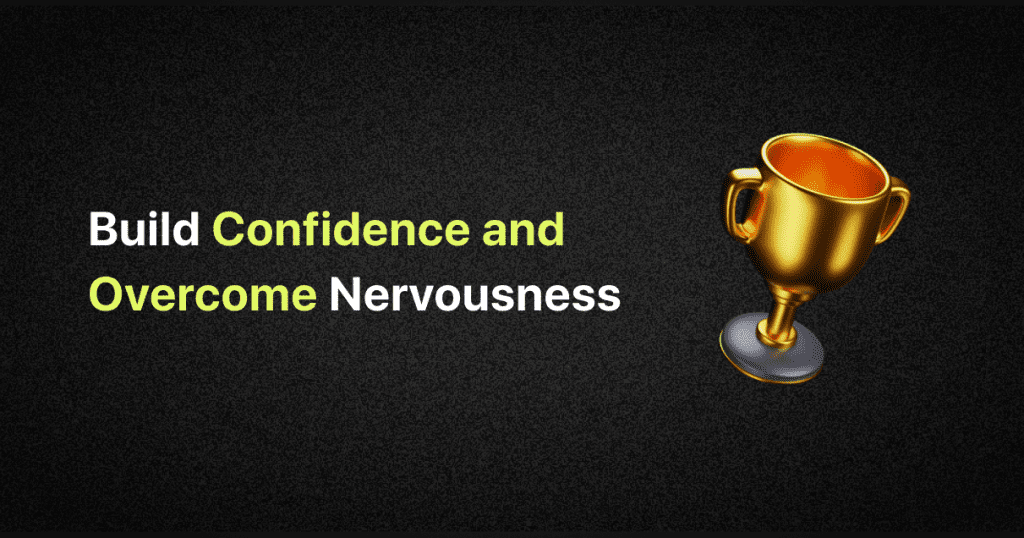


When it comes to group discussions, it is essential to build confidence and overcome nervousness. Nervousness is a natural reaction when confronted with an unknown or high-pressure situation, but it can also impair your ability to properly articulate your thoughts and ideas.
There are several simple ways to boost your confidence and unwind before and during a group conversation.
Deep breathing exercises, which can help control your heart rate and calm your anxieties, are one effective technique. It’s important to be well-versed in the topic and arrive prepared with relevant points, which can make you feel more confident in your ability to engage.
It’s also an excellent idea to keep in mind that everyone in the group discussion is in the same boat as you, and they too might be nervous. By acknowledging this, you can reduce the pressure on yourself and feel more at ease.
7. Learn to Listen and Respect Other Participants’ Opinions
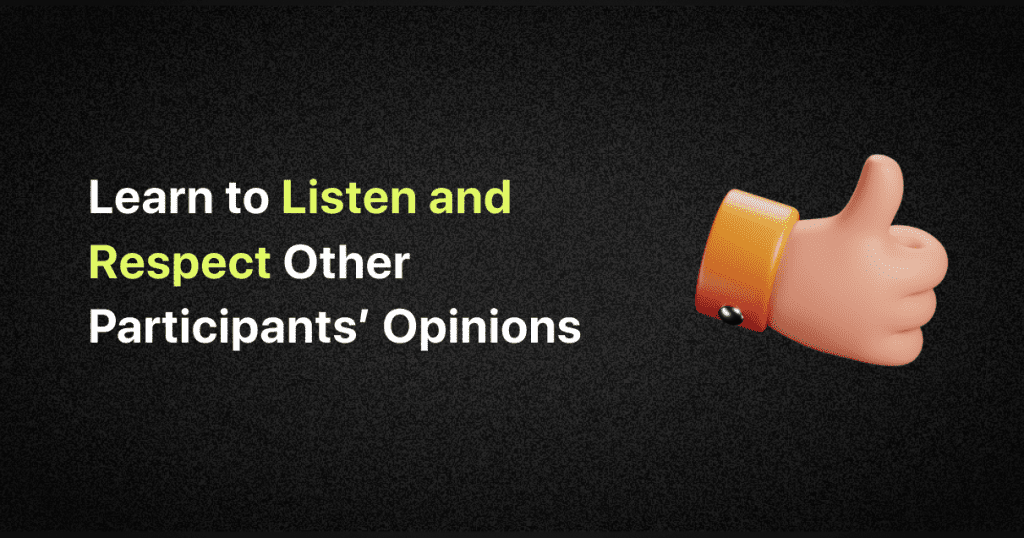


The ability to actively listen and respect the perspectives of other participants during a group discussion for placements is one of the most important skills to master. It is important to give everyone an opportunity to express themselves and to ensure that the conversation is not dominated by one or two individuals.
Start by making an attempt to listen closely to what people are saying without interrupting them. Nod and make appropriate facial expressions to indicate your attention. Paraphrasing their argument and asking follow-up questions demonstrate that you understand their point and respect their perspective.
For example, if someone says, “I think companies should focus on promoting eco-friendly products,” you could paraphrase and respond with “So, you believe that businesses should prioritise sustainability over profitability, right?”
Similarly, avoid attacking or dismissing the arguments of others. Instead, acknowledge their arguments’ merits and give your counter-argument calmly and logically. If someone says, “Businesses should focus on generating profits to keep investors happy,” you could respond, “I understand that profit is important for a company’s survival, but I feel that businesses can still generate profits while focusing on social and environmental responsibility.”
You can create a more collaborative and effective group discussion for placements by learning to listen to and respect the opinions of other participants.
Final Words
Group discussions are an integral part of the placement process, and preparing for them can increase your chances of success. Remember, preparation is key, and with the right mindset and approach, you can ace your next group discussion and land your dream job. Good luck!
Related Posts


Best YouTube Channels to Improve Communication Skills
Are you struggling to effectively communicate with others? Do you want to improve your public speaking or presentation skills? Look …







